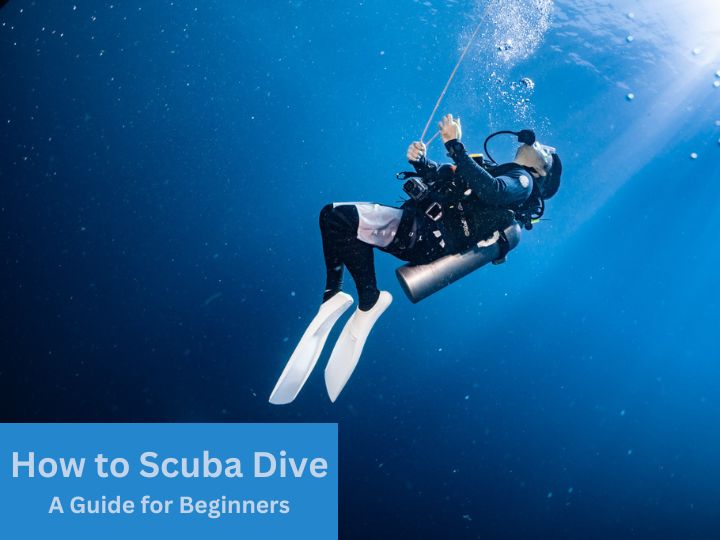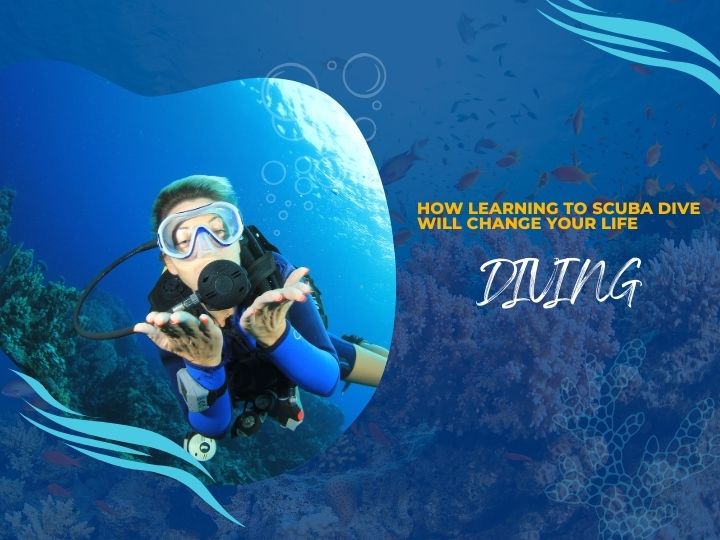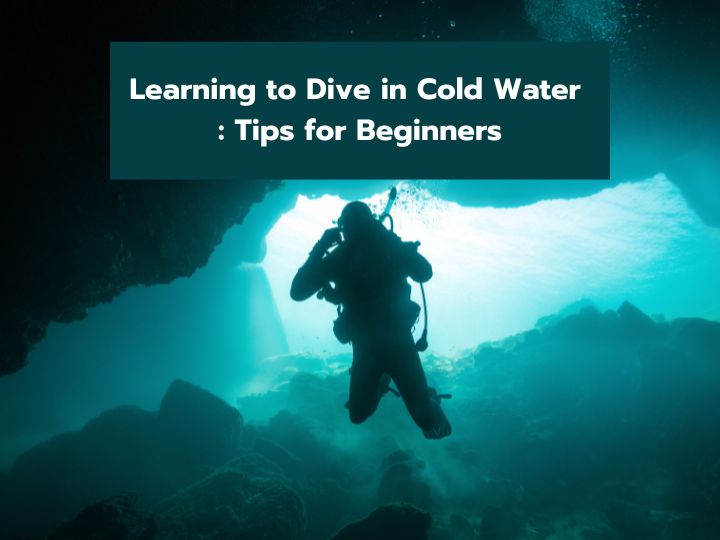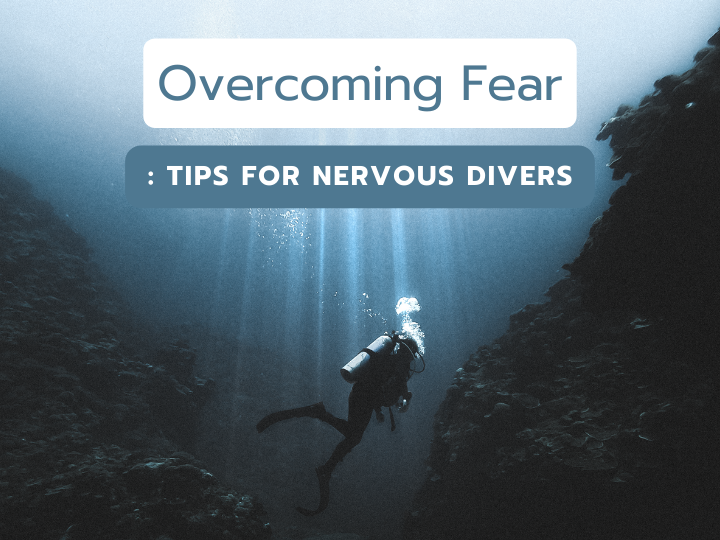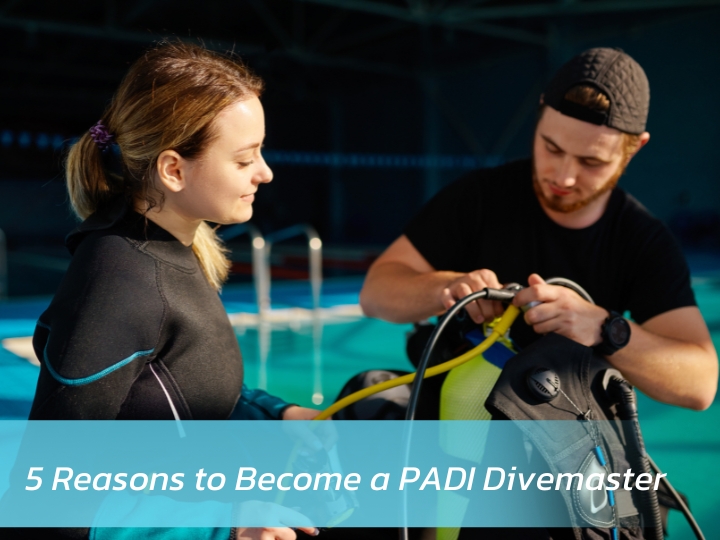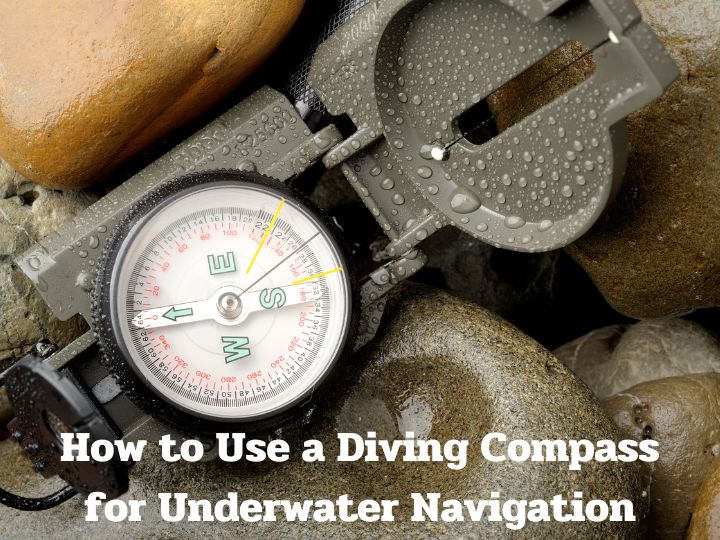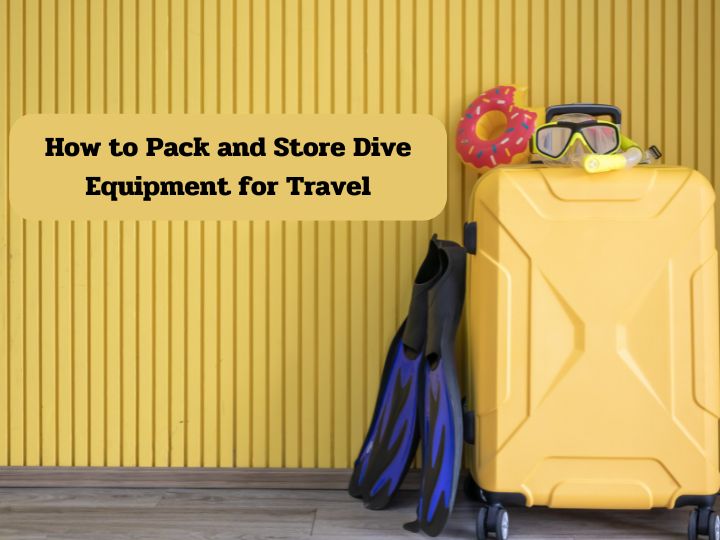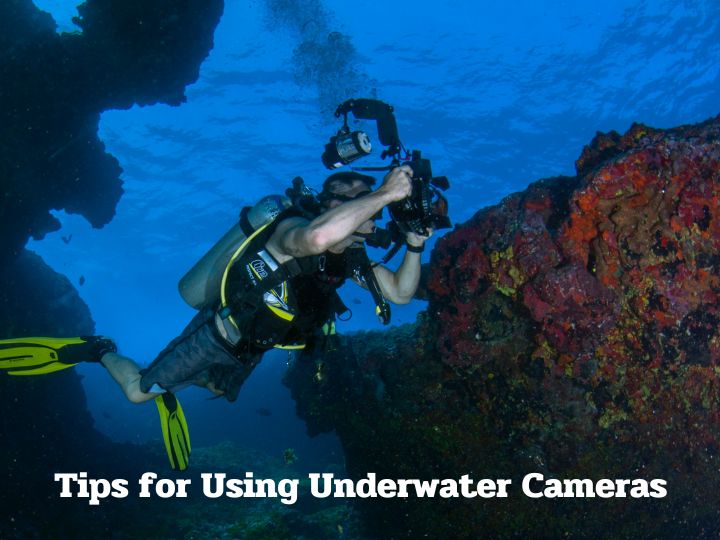
6 Essential Tips for Liveaboard Dive Trips
Liveaboard diving trips are thrilling and enjoyable experiences that allow you to explore the beautiful underwater world day and night. In this article, we will present six essential tips for liveaboard diving trips to ensure your journey is smooth and safe.

1. Preparing in Advance
Preparing in advance is crucial to ensure your dive trip goes smoothly. Organize your dive gear and check the readiness of equipment such as masks, wetsuits, air tanks, and dive lights.
Pack Appropriate Clothing and Accessories
Remember to pack clothing suitable for various weather conditions, such as warm jackets, swimwear, and towels. Also, bring clothing for relaxation on the boat.
2. Understanding Diving Rules and Regulations
Understanding and following diving rules and regulations enhance your safety. Study the rules of diving at each location and adhere to them strictly.
Learn About Assisting Fellow Divers
Knowing how to assist fellow divers in emergencies is vital. Learning about assistance and basic first aid can increase safety during dives.
3. Managing Dive Equipment
Properly managing and maintaining dive equipment can enhance efficiency and safety. Inspect and clean your dive gear after each use.
Storing Dive Gear
Store your dive equipment in dry, shaded areas to prolong its lifespan.
4. Taking Care of Your Health
Keeping your body healthy for diving is crucial. Get enough rest and stay hydrated to reduce health risks while diving.
Regular Exercise
Regular exercise improves body strength, making dives smoother.
5. Preparing Your Mind
Mental preparation before diving helps you handle underwater situations effectively. Practice mindfulness and relax your mind to reduce stress and anxiety.
Breathing Techniques
Practicing breathing techniques can help you control your breath underwater. Deep and slow breathing enhances diving efficiency.
6. Getting to Know Your Fellow Travelers
Knowing your fellow travelers adds fun and safety to your diving trips. Communication and cooperation with your companions boost confidence and safety.
Teamwork
Working with your companions makes diving more enjoyable. Sharing experiences and helping each other in emergencies are crucial.

Preparing in Advance
Preparing in advance is crucial to ensure your dive trip goes smoothly. Organize your dive gear and check the readiness of equipment such as masks, wetsuits, air tanks, and dive lights.
Pack Appropriate Clothing and Accessories
Remember to pack clothing suitable for various weather conditions, such as warm jackets, swimwear, and towels. Also, bring clothing for relaxation on the boat.
Understanding Diving Rules and Regulations
Understanding and following diving rules and regulations enhance your safety. Study the rules of diving at each location and adhere to them strictly.
Learn About Assisting Fellow Divers
Knowing how to assist fellow divers in emergencies is vital. Learning about assistance and basic first aid can increase safety during dives.
Managing Dive Equipment
Properly managing and maintaining dive equipment can enhance efficiency and safety. Inspect and clean your dive gear after each use.
Storing Dive Gear
Store your dive equipment in dry, shaded areas to prolong its lifespan.
Taking Care of Your Health
Keeping your body healthy for diving is crucial. Get enough rest and stay hydrated to reduce health risks while diving.
Regular Exercise
Regular exercise improves body strength, making dives smoother.
Preparing Your Mind
Mental preparation before diving helps you handle underwater situations effectively. Practice mindfulness and relax your mind to reduce stress and anxiety.
Breathing Techniques
Practicing breathing techniques can help you control your breath underwater. Deep and slow breathing enhances diving efficiency.
Getting to Know Your Fellow Travelers
Knowing your fellow travelers adds fun and safety to your diving trips. Communication and cooperation with your companions boost confidence and safety.
Teamwork
Working with your companions makes diving more enjoyable. Sharing experiences and helping each other in emergencies are crucial.

Preparing in Advance
Preparing in advance is crucial to ensure your dive trip goes smoothly. Organize your dive gear and check the readiness of equipment such as masks, wetsuits, air tanks, and dive lights.
Pack Appropriate Clothing and Accessories
Remember to pack clothing suitable for various weather conditions, such as warm jackets, swimwear, and towels. Also, bring clothing for relaxation on the boat.
Understanding Diving Rules and Regulations
Understanding and following diving rules and regulations enhance your safety. Study the rules of diving at each location and adhere to them strictly.
Learn About Assisting Fellow Divers
Knowing how to assist fellow divers in emergencies is vital. Learning about assistance and basic first aid can increase safety during dives.
Managing Dive Equipment
Properly managing and maintaining dive equipment can enhance efficiency and safety. Inspect and clean your dive gear after each use.
Storing Dive Gear
Store your dive equipment in dry, shaded areas to prolong its lifespan.
Taking Care of Your Health
Keeping your body healthy for diving is crucial. Get enough rest and stay hydrated to reduce health risks while diving.
Regular Exercise
Regular exercise improves body strength, making dives smoother.
Preparing Your Mind
Mental preparation before diving helps you handle underwater situations effectively. Practice mindfulness and relax your mind to reduce stress and anxiety.
Breathing Techniques
Practicing breathing techniques can help you control your breath underwater. Deep and slow breathing enhances diving efficiency.
Getting to Know Your Fellow Travelers
Knowing your fellow travelers adds fun and safety to your diving trips. Communication and cooperation with your companions boost confidence and safety.
Teamwork
Working with your companions makes diving more enjoyable. Sharing experiences and helping each other in emergencies are crucial.

Preparing in Advance
Preparing in advance is crucial to ensure your dive trip goes smoothly. Organize your dive gear and check the readiness of equipment such as masks, wetsuits, air tanks, and dive lights.
Pack Appropriate Clothing and Accessories
Remember to pack clothing suitable for various weather conditions, such as warm jackets, swimwear, and towels. Also, bring clothing for relaxation on the boat.
Understanding Diving Rules and Regulations
Understanding and following diving rules and regulations enhance your safety. Study the rules of diving at each location and adhere to them strictly.
Learn About Assisting Fellow Divers
Knowing how to assist fellow divers in emergencies is vital. Learning about assistance and basic first aid can increase safety during dives.
Managing Dive Equipment
Properly managing and maintaining dive equipment can enhance efficiency and safety. Inspect and clean your dive gear after each use.
Storing Dive Gear
Store your dive equipment in dry, shaded areas to prolong its lifespan.
Taking Care of Your Health
Keeping your body healthy for diving is crucial. Get enough rest and stay hydrated to reduce health risks while diving.
Regular Exercise
Regular exercise improves body strength, making dives smoother.
Preparing Your Mind
Mental preparation before diving helps you handle underwater situations effectively. Practice mindfulness and relax your mind to reduce stress and anxiety.
Breathing Techniques
Practicing breathing techniques can help you control your breath underwater. Deep and slow breathing enhances diving efficiency.
Getting to Know Your Fellow Travelers
Knowing your fellow travelers adds fun and safety to your diving trips. Communication and cooperation with your companions boost confidence and safety.
Teamwork
Working with your companions makes diving more enjoyable. Sharing experiences and helping each other in emergencies are crucial.

Preparing in Advance
Preparing in advance is crucial to ensure your dive trip goes smoothly. Organize your dive gear and check the readiness of equipment such as masks, wetsuits, air tanks, and dive lights.
Pack Appropriate Clothing and Accessories
Remember to pack clothing suitable for various weather conditions, such as warm jackets, swimwear, and towels. Also, bring clothing for relaxation on the boat.
Understanding Diving Rules and Regulations
Understanding and following diving rules and regulations enhance your safety. Study the rules of diving at each location and adhere to them strictly.
Learn About Assisting Fellow Divers
Knowing how to assist fellow divers in emergencies is vital. Learning about assistance and basic first aid can increase safety during dives.
Managing Dive Equipment
Properly managing and maintaining dive equipment can enhance efficiency and safety. Inspect and clean your dive gear after each use.
Storing Dive Gear
Store your dive equipment in dry, shaded areas to prolong its lifespan.
Taking Care of Your Health
Keeping your body healthy for diving is crucial. Get enough rest and stay hydrated to reduce health risks while diving.
Regular Exercise
Regular exercise improves body strength, making dives smoother.
Preparing Your Mind
Mental preparation before diving helps you handle underwater situations effectively. Practice mindfulness and relax your mind to reduce stress and anxiety.
Breathing Techniques
Practicing breathing techniques can help you control your breath underwater. Deep and slow breathing enhances diving efficiency.
Getting to Know Your Fellow Travelers
Knowing your fellow travelers adds fun and safety to your diving trips. Communication and cooperation with your companions boost confidence and safety.
Teamwork
Working with your companions makes diving more enjoyable. Sharing experiences and helping each other in emergencies are crucial.
